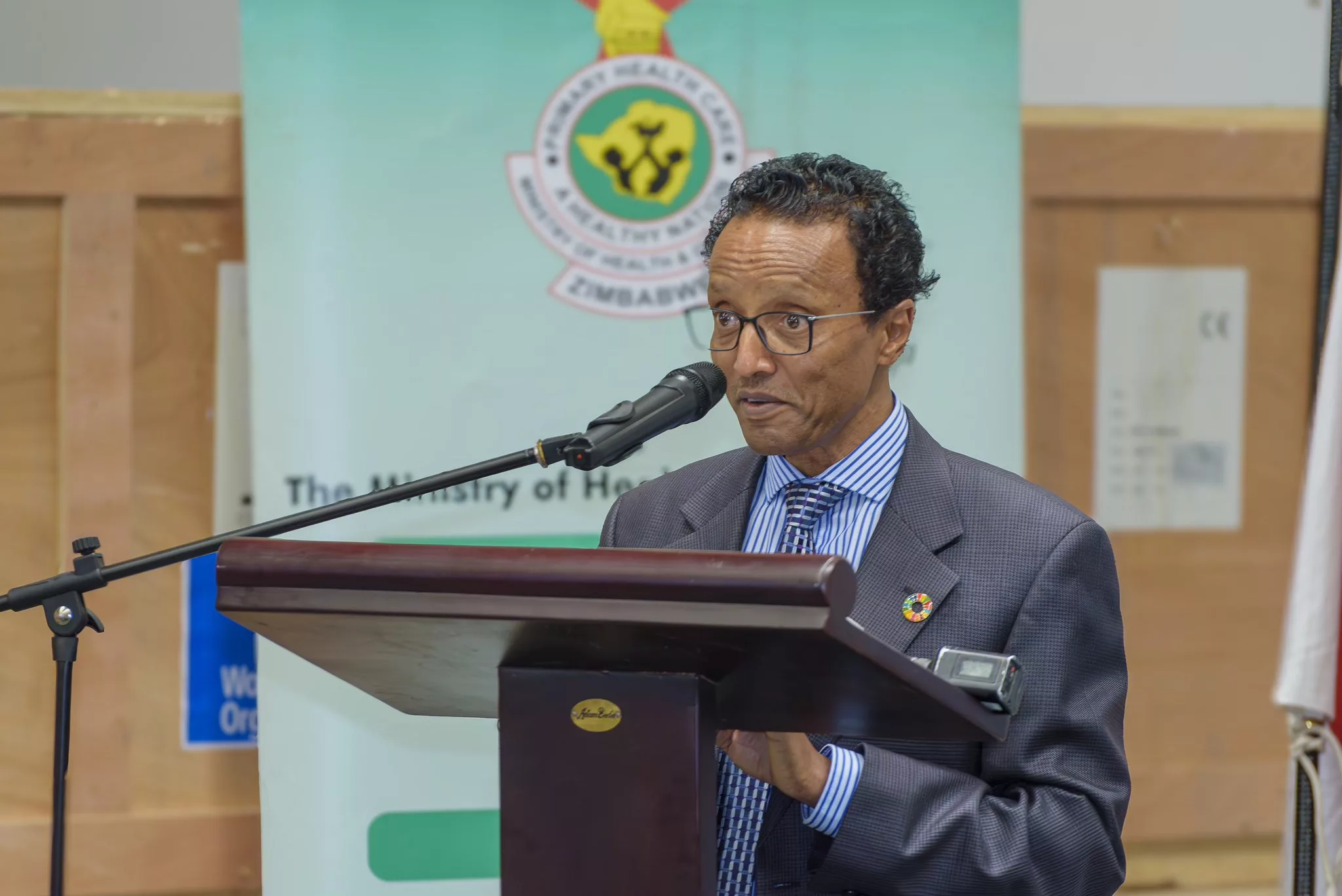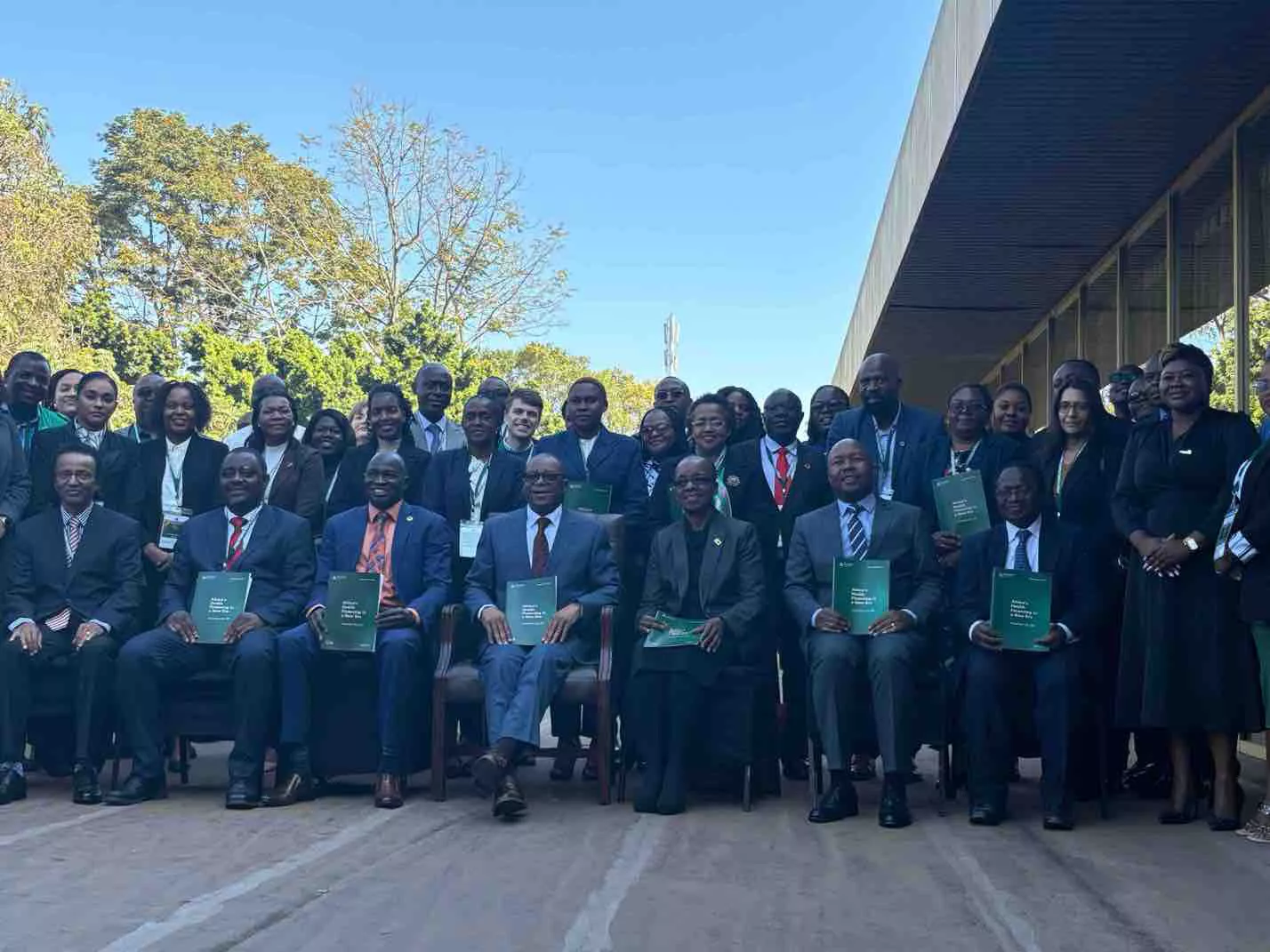By Joyce Mukucha
The Chief Justice of Zimbabwe, Honourable Luke Malaba has urged all members of the Judicial Service Commission to present principles of transparency and accountability in the performance of Judicial functions so as to combat corruption.
He was speaking during the official opening of the 2020 Legal Year in Harare on the 13th of January 2020.
In line with this year’s theme “Judicial Transparency and Accountability” which resonates well with last year’s theme of consolidating the rule of law,the Chief Justice emphasised that under section 69 (1) of the Constitution, every person accused of any offence has a right to fair and public trial within a reasonable time before an independent and impartial court. Functional independence, he said, without transparency and accountability is undemocratic.
“It is to the effect that the Judiciary, as an organ of State, and courts, as institutions of Government, are bound in the discharge of the constitutional obligations imposed on them to act in accordance with the principles of transparency, justice, accountability and responsiveness. In a constitutional State governed by the rule of law, the obligation the Judiciary owes to society is limited to applying the law with integrity in an independent and impartial way free of corruption.
“It is clear that section 69 (1) and (2) of the Constitution incorporates requirements relating to the application of the principles of transparency and accountability as integral aspects of the duty on the Judiciary to act in accordance with the law in the discharge of the judicial function. In the context of administration of justice , transparency guarantees freedom of access to court proceedings. Transparency entitles a person to have access to a court-room and witness the actions and decisions being taken by the Judiciary in a manner that satisfies him or her that the judicial officer concerned is responsible for what he or she is doing,” he said.
Concerning holding public officials to account, the Chief Justice pointed out that citizens were the major stakeholders in the business of the courts therefore there was need for public decision making which reflects the will of the people. He said transparency and accountability are of paramount importance in the maintenance of a sustainable relationship of reciprocity and trust that must exist between government and its people. Public confidence he said, in the integrity of the government process, also increases when transparency prevails.
“In the context of central government, transparency directly relates to the obligation by government to provide the public with access to information about the government. It plays the crucial role of countering private and public corruption,excess in the use of public power and it protects individual rights and ensures the security of persons and their property,” he said.
In terms of duties discharged by courts in recent years, the Chief Justice commended the Supreme Court’s impressive performance as the court’s pending matters receded by 15 percent from 510 cases in January 2019 to 434 cases at the close of the year. In addition to 510 pending cases that the court opened the year with, it received 772 new cases and completed 848 cases.






